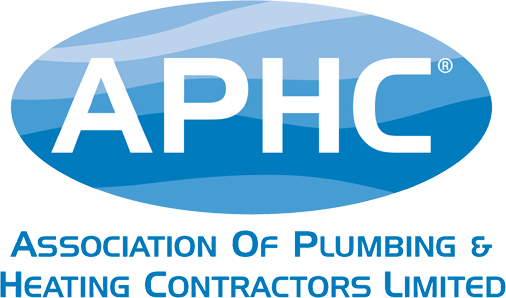The Clean Heat Market Mechanism Regulations 2024 (CHMM) are identified by Government as a significant step towards decarbonising the heating sector in the UK. These regulations, set to come into force on April 1, 2025, aim to accelerate the transition from fossil fuel-based heating systems to low-carbon alternatives, primarily heat pumps. Here’s an in-depth analysis of the key requirements and implications of these regulations.
Overview of the Regulations
The CHMM establishes a low-carbon heat scheme designed to impose specific targets on manufacturers of fossil fuel boilers. These targets are based on the proportion of low-carbon heat pumps they must sell relative to their fossil fuel boiler sales. The primary goal is to provide a stable policy framework that encourages investment in the heat pump market, thereby driving down energy demand from buildings and reducing dependency on fossil fuels.
Key Requirements
Target Obligations
Manufacturers of heating appliances that exceed certain sales thresholds are required to meet annual targets for the proportion of heat pumps sold relative to fossil fuel boilers.
These targets are intended to ensure a gradual but steady increase in the market share of heat pumps, promoting their adoption among consumers.
Certification and Compliance
The regulations mandate the acquisition of certificates representing the installation of low-carbon heat pumps. These certificates must be surrendered to demonstrate compliance with the set targets.
The Environment Agency is appointed as the administrator of the scheme, responsible for overseeing compliance and issuing certificates.
Scope and Application
The CHMM applies across England, Wales, Scotland, and Northern Ireland, ensuring a uniform approach to decarbonising heating systems throughout the UK.
The regulations cover various types of buildings, including residential, commercial, and public buildings, emphasising the broad applicability of the scheme.
Policy Context and Objectives
The CHMM is part of a broader strategy to meet the UK’s net-zero targets by 2050. Heating buildings accounts for nearly half of the UK’s annual natural gas consumption, making it a critical area for decarbonisation. By shifting towards low-carbon heating technologies, the UK aims to reduce its reliance on global fossil fuel markets and enhance energy security.
Supporting Measures
To complement the CHMM, the government has introduced several supporting measures:
• Grant Funding: Financial incentives to support the installation of heat pumps, making them more affordable for consumers.
• Public Awareness Campaigns: Efforts to educate the public about the benefits of heat pumps and the importance of transitioning to low-carbon heating systems.
• Supply Chain Development: Initiatives to strengthen the supply chain for heat pumps, ensuring that manufacturers can meet the increased demand.
Implications for Stakeholders
Manufacturers
Manufacturers of fossil fuel boilers will need to adjust their business models to comply with the new targets. This may involve investing in the development and production of heat pumps.
Non-compliance could result in penalties, making it crucial for manufacturers to align their operations with the regulatory requirements.
Consumers
Consumers can expect a wider availability of heat pumps and potentially lower prices due to increased competition and economies of scale.
The transition to heat pumps will also contribute to lower energy bills and reduced carbon footprints for households and businesses.
Government and Regulators
The government will need to ensure that the regulatory framework is effectively enforced and that the necessary infrastructure is in place to support the transition.
Regulators will play a key role in monitoring compliance and addressing any challenges that arise during the implementation of the CHMM.
Challenges and Considerations
While the CHMM represents a significant step forward, several challenges will need to be addressed to ensure its success –
• Market Readiness: The heat pump market requires further preparation to meet the increased demand, which requires robust supply chains and a skilled workforce. Upskilling the installation workforce is seen to be one of the more significant challenges to be faced.
• Consumer Acceptance: Public acceptance of heat pumps is crucial. This involves addressing concerns about installation costs, performance, and reliability.
• Coordination with Other Policies: The CHMM needs to be effectively integrated with other policies aimed at reducing carbon emissions, such as energy efficiency measures and renewable energy incentives.
Conclusion
The Clean Heat Market Mechanism Regulations 2024 are seen as a pivotal component of the UK’s strategy to decarbonise its heating sector. By setting clear targets for the adoption of low-carbon heat pumps, these regulations aim to drive significant reductions in carbon emissions and enhance energy security. However, their success will depend on effective implementation, market readiness, and consumer acceptance – it’s going to be a ‘watch this space’ to see how effective the regulations are at delivering on those objectives.



